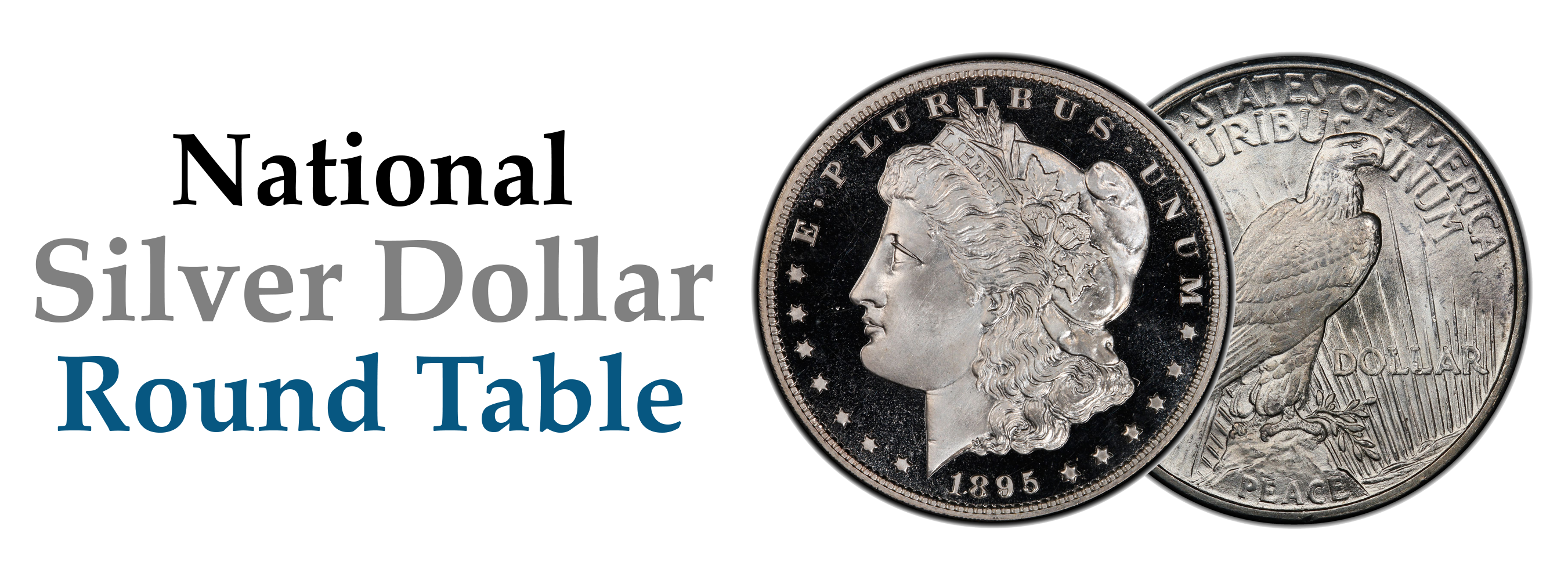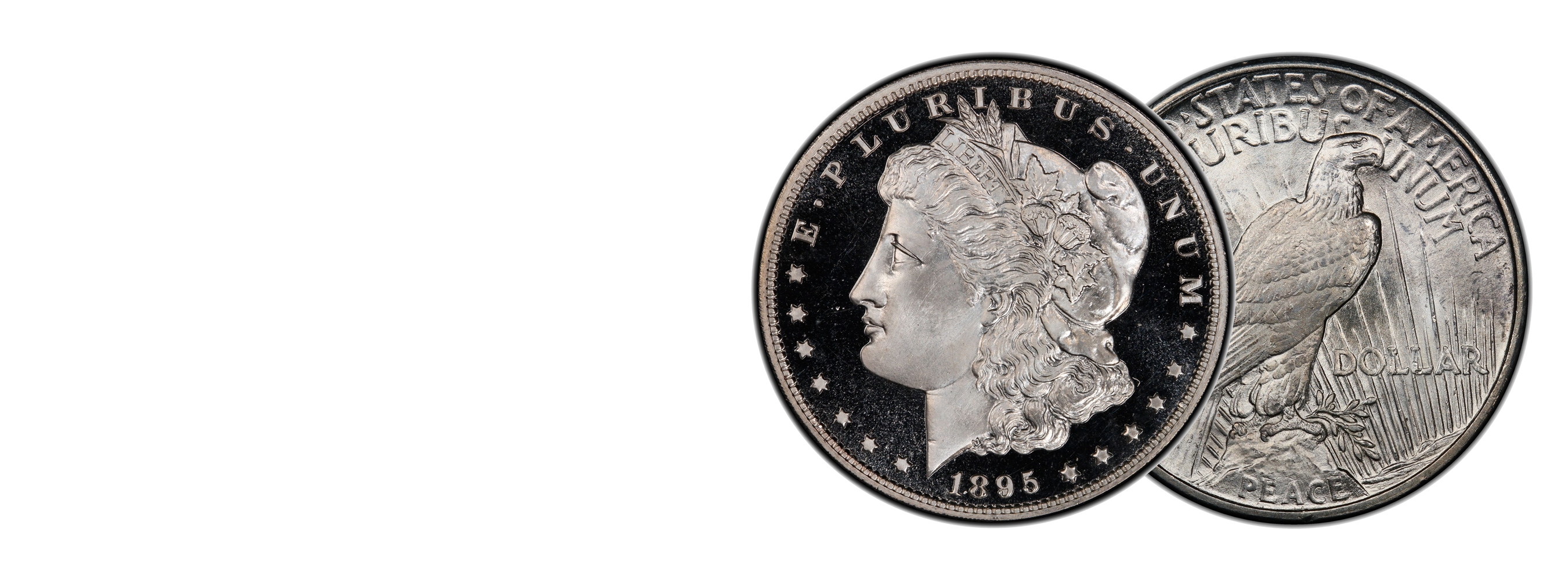NSDR Journal
Vol. XI, No. 4
November 1994
Cash Reporting Regulations Are Not for Dealers Only
Harsh Criminal Penalties Apply to Clients, Too!
By Diane Piret
One of the most important functions we perform at ICTA is education to the industry, especially dealers, about regulations that affect us.
Recently, there have been a number of articles in the hobby press regarding the cash reporting regulations (IRS Form 8300). Almost every day we receive phone calls from member dealers asking questions about these laws and how they apply to their daily business. However, increasingly we are hearing scenarios wherein the client, not the dealer, is potentially running afoul of these regulations.
No, that does not necessarily mean that a client is required to file the 8300; rather, certain behavior by the client may subject him/her to criminal penalties for violation of these regulations (civil penalties only apply to certain aspects of filing for those who are required to do so.)
In simple terms, it is illegal to try to prevent a Form 8300 from being filed when required or to structure the transaction in order to avoid having the form filed. Providing incorrect data for inclusion on the form is another major no-no.
According to the IRS publication #1544 “There are criminal penalties for:
“…*Stopping or trying to stop Form 8300 from being filed, and
“*Setting up, helping to set up, or trying to set up a transaction in a way that would make it seem unnecessary to file Form 8300.
“…The penalties for failure to file also apply to any buyer who attempts to interfere with or prevent the seller from filing a correct Form 8300. This includes any attempt by the buyer to set up the transaction in a way that would make it seem unnecessary to file Form 8300.”
An 8300 form is not a tax return but, like many other IRS informational forms that are routinely filed by your bank, stock broker, or others, merely provides information to government on cash transactions. Understanding why Congress has determined these forms to be necessary may help alleviate some of your concerns when your dealer asks you for certain information in order to complete the Form 8300.
Even perfectly innocent, law-abiding people are often reluctant to have “extra” paperwork provided to the IRS. However, Congress has ordered the IRS to implement this reporting procedure on cash transactions in order to help thwart the laundering of money from drug trafficking. If your money has been legally obtained and appropriate taxes paid, you should have nothing to be concerned about. But these information returns are the tools that the government uses to ferret out illegal cash and to aid the law enforcement arm of the IRS in cracking down on criminal activities. While primarily targeting the drug trade, other types of illegal activity may be brought to light as well.
Your dealer is not anxious to have an additional paperwork burden any more than you want a “love letter’ sent to the IRS. However, he or she is required by federal law to do so in the circumstances described. To attempt to interfere with the proper filing of these forms is illegal for you to do. And asking the merchant a bunch of questions about requirements for filing form 8300 is not a good idea either. First, the dealer is not a professional advisor in this field, and secondly, depending on the questions, he may be forced to now consider your transaction “suspicious” and act accordingly.
Because of the nature of merchandise transacted, it is common in our industry for cash to be used in payment. As the client, you want to take immediate delivery of the coins or precious metals, and the dealer can’t afford the risk of a bad check. Especially on precious metals transactions, fast receipt of good funds is often required by the distributors. It is important to remember that payment in cash is not illegal. However, it IS illegal not to file the cash reporting form when required or to try to structure your transaction in order to avoid 8300 reporting.
For example, you may not break down a transaction of $10,000 or more into smaller transactions in order to make it appear that the form need not be filed. Nor may you have a friend or relative conduct a part of the transaction so that no one person has to spend $10,000 or more. The other person’s transaction is considered a “related” transaction and is required to be aggregated (added) to yours for filing the 8300 form. Don’t ever ask your dealer to break up a trade into smaller units to avoid the reporting. He cannot and your doing so is in violation of the law.
You should also be aware that the definition of “cash” includes certain money orders, cashier’s and other bank checks, travelers’ checks and other “bearer” instruments. In the case of mail order transactions that require reporting, you will be contacted by the merchant requesting the appropriate information (typically you need to supply your Social Security number and driver’s license number.) If you refuse to provide this data, the dealer will be forced to file an incomplete form along with a cover letter to the IRS explaining why some of the information is missing. Obviously, this form cannot be routinely processed and it is quite likely that the IRS will contact you directly since you have already exhibited suspicious behavior.
You don’t have to like the regulations, but you do have to abide by them – as does any merchant who fall sunder these regulations. But don’t feel that our hobby/industry is singled out. Car dealers, boat and RV dealers, jewelers and furriers, to name a few, also must file these forms.







Comments are closed